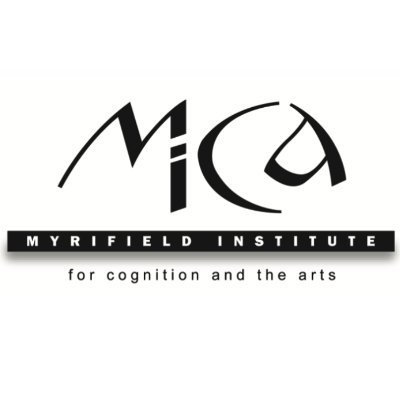
Last paper:
Grazia Pulvirenti, Renata Gambino, Neurohermeneutics. A Transdisciplinary Approach to Literature
- Peer review
- Submit a paper
- Suggest a paper
- Contact us
- Partner program
Vittorio Gallese,
Mirror Neurons, Embodied Simulation, and the Neural Basis of Social Identification
 Year: 2009
Year: 2009Topics: Embodied Mind; Empathy;
Disciplines: Anthropology;
DOWNLOAD PAPER
Download size: 124.16 KB
The shared intersubjective space in which we live since birth enables and bootstraps the constitution of the sense of identity we normally entertain with others. Social identification incorporates the domains of action, sensations, affect, and emotions and is underpinned by the activation of shared neural circuits. A common underlying functional mechanism (embodied simulation) mediates our capacity to share the meaning of actions, intentions, feelings, and emotions with others, thus grounding our identification with and connectedness to others. Social identification, empathy, and we-ness are the basic ground of our development and being. Embodied simulation provides a model of potential interest not only for our understanding of how interpersonal relations work or might be pathologically disturbed but also for psychoanalysis. The hypothesis is that embodied simulation is at work within the psychoanalytic setting between patient and analyst. The notions of projective identification and the interpersonal dynamic related to transference and countertransference can be viewed as instantiations of the implicit and prelinguistic mechanisms of the embodied simulation-driven mirroring mechanisms here reviewed.
Project
The Neuro Humanities Studies Network aims at creating a multidisciplinary research community in order to develop and structure a linking platform for neuro-scientific, cognitive topics and humanities.
Click on each keyword to show papers related with it.









